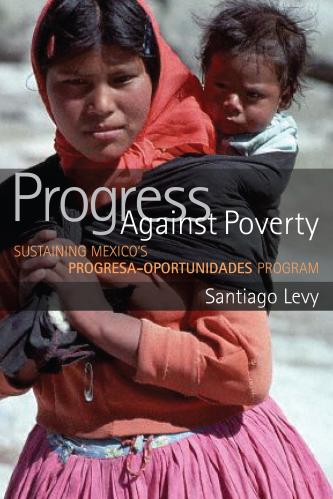INTRODUCTION
The arguments for a growth-centered model for lifting millions in developing countries out of poverty appear unassailable until we are confronted with the case of Nigeria.
Nigeria has been growing at a fairly decent rate at around 6 percent for the past six years. However, the country poverty rate—measured by those living on less than $1 a day—has risen from 52 percent in 2004 to 61 percent in 2010. Income inequality has widened in every region in the country. 1 According to the National Bureau of Statistics, “the top 10 percent income earners were responsible for about 43 percent of total consumption expenditure.”
Jagdish Bhagwati recently argued that growing the economy was the sure way, if not the only way, to lift people out of poverty. According to Bhagwati, “growth would pull the poor into gainful employment, thereby helping to lift them out of poverty…and that higher incomes would enable them to increase their personal spending on education and health.” Yet, economic growth in Nigeria has not created meaningful employment, as many of the country’s youth, including those with university degrees, are currently unemployed. In addition, incomes of the majority of Nigerians have not risen, and while access to education and health may have improved in the country, its quality has declined significantly.
Redistribution has also not increased the assets of the poor, calling into question the effectiveness of the many poverty alleviation programs, including the country’s National Program for the Eradication of Poverty (NAPEP), which the government has spent hundreds of millions of dollars funding. Therefore, the question policy makers should ask is not whether they should implement growth or redistributionist goals, but what type of growth is needed to alleviate poverty.
The Brookings Institution is committed to quality, independence, and impact.
We are supported by a diverse array of funders. In line with our values and policies, each Brookings publication represents the sole views of its author(s).









